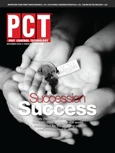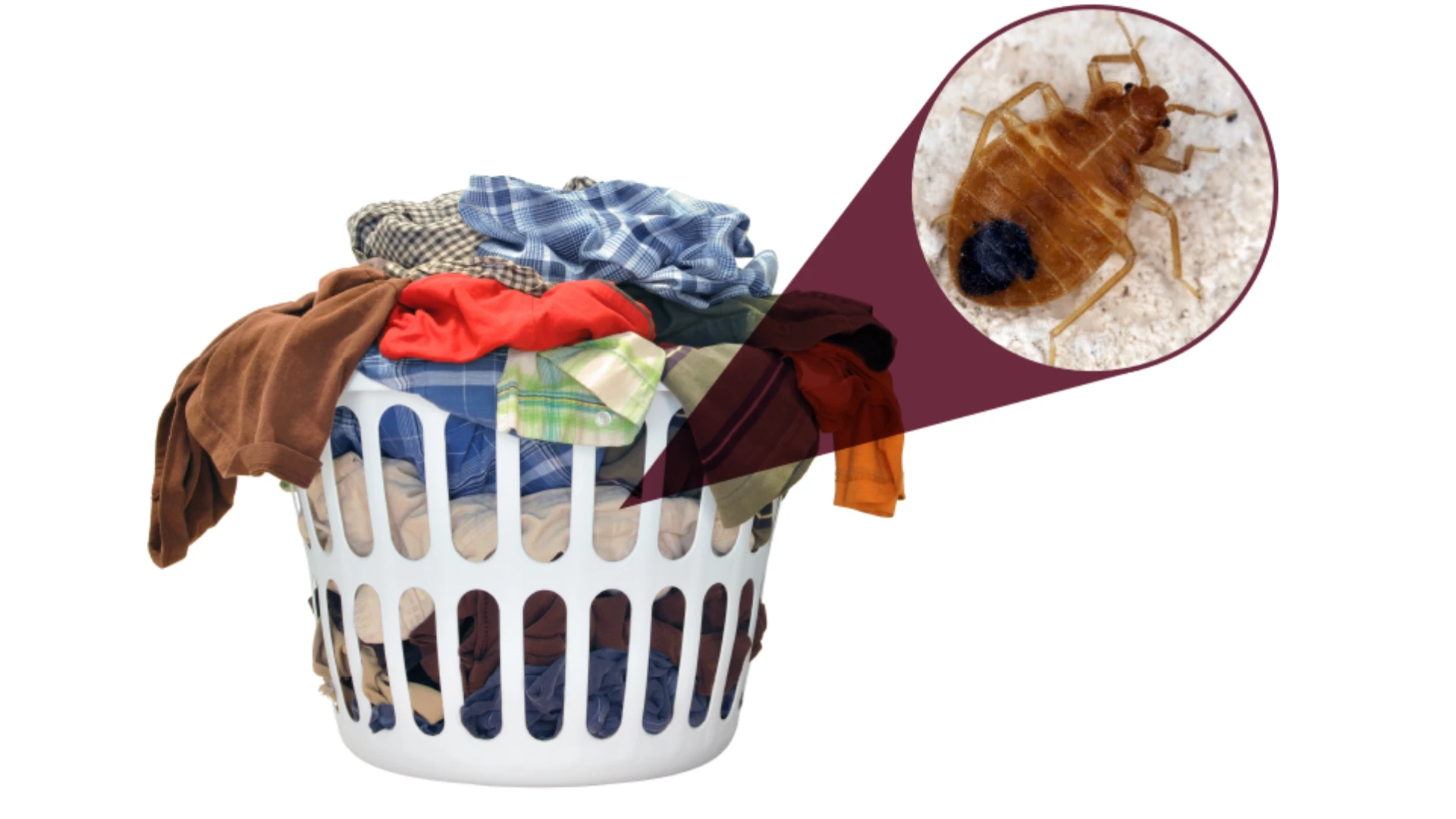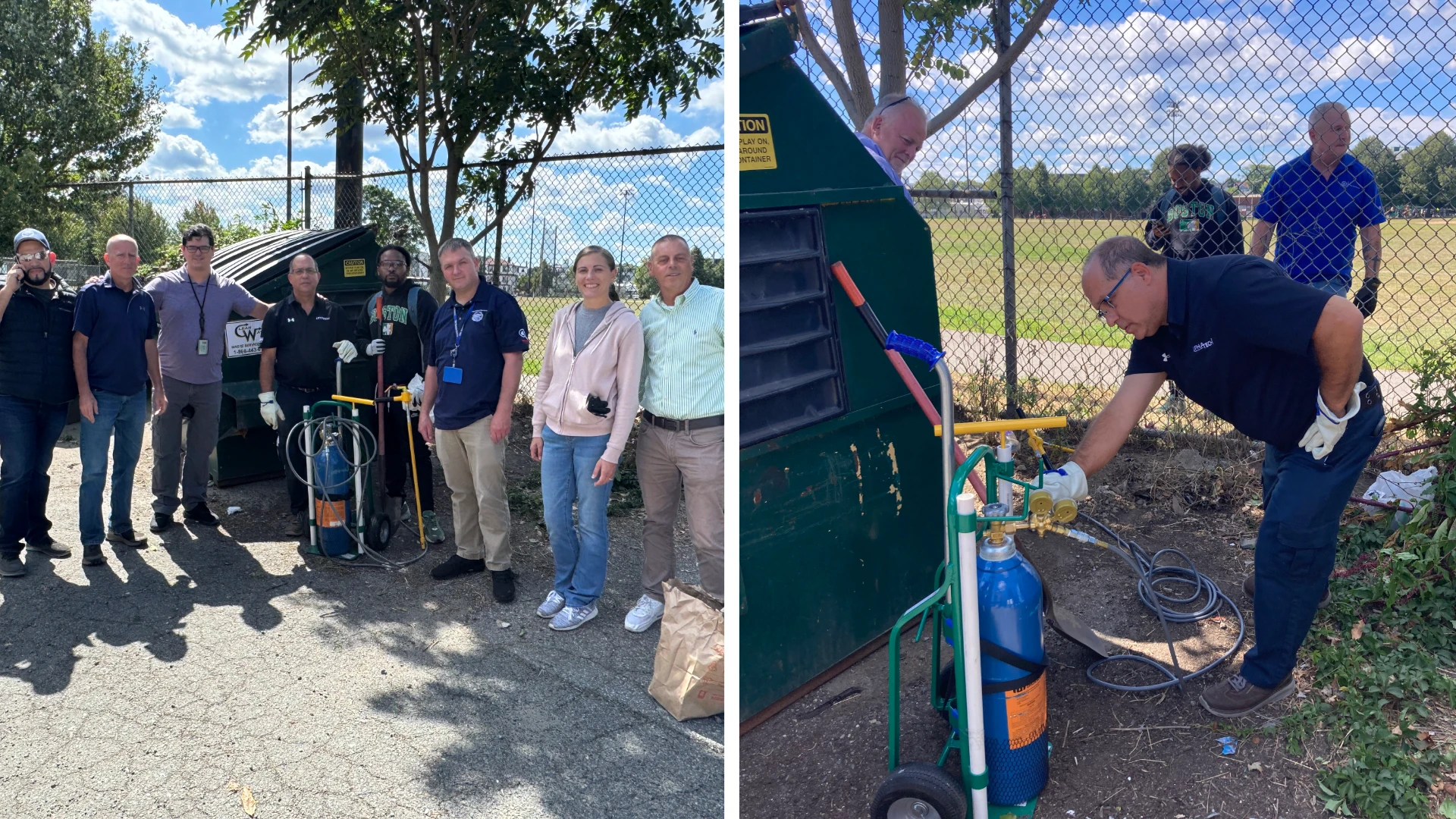Editor's note: The November PCT feature "Taking on Technology" explored Pest management companies of various size are putting new technology to work for them — and providing more value to customers as a result. In the following online online feature learn how pest control companies have reduced vehicle accidents by using new, innovative technology.
The most dangerous activity a pest management professional does is driving a vehicle, says Mike Davis, chief operating officer, Black Pest Prevention, Charlotte, N.C. So, if there is an easy and relatively inexpensive way to help people become better drivers and reduce the likelihood of accidents, why not invest in it?
Several pest management companies think that makes sense — Lloyd Pest Control and Black Pest Prevention are two among many, and have turned to DriveCam as a solution.
DriveCam’s exception-based video event recorder is mounted on the windshield behind the rearview mirror and captures sights and sounds inside and outside the vehicle. Exceptional forces (e.g. hard braking, swerving, collision, etc.) cause the recorder to save the critical seconds immediately before and after the triggered event. Saved events are analyzed and used in ongoing driver coaching programs to improve behavior and mitigate driver risk.
With 300 employees and more than 200 trucks on the road, Lloyd Pest Control ranked among the highest liability companies in its insurance program. Together with PestSure, Lloyd Pest Control participated in a pilot program to evaluate DriveCam’s solution as a method for improving driver behavior and lowering risk. Based on the pilot program’s success, the company now has DriveCam units installed in its vehicles.
“Our insurance captive (PestSure) helped with the investment and it has reduced accidents and improved driver behavior,” said Jamie Ogle, chief executive officer of the San Diego, Calf.-based company.
In 2004, prior to rolling out DriveCam, Lloyd Pest Control submitted 34 claims. In 2007, when it was fully implemented, it processed just seven claims. In 2008, there were 13.
“Our technicians sometimes spend as much time driving as they do treating customers. Once we explained that we want everyone to get home safely at night, most people accepted the technology,” Ogle said. “I have a DriveCam unit in my car as well, which makes arguing about it harder. After about 30 days it is a non-issue for good drivers.”
Black Pest Prevention installed DriveCams in its vehicles at the end of March of this year, and expects a 75-percent reduction in its accident rate.
“Our technicians know that when they brake too hard, accelerate too quickly, take a corner too fast or have a collision, it’s recorded on the DriveCam. That’s changed driving behaviors. Drivers are restraining themselves so they don’t trigger the system,” Davis said. “We can also use it to reconstruct an event, which has saved us from having to make several claims.”
Davis says one of his biggest worries is about keeping employees from getting hurt. At the same time, the company operates primarily in residential neighborhoods, so there’s concern about public safety.
“Anything we can do to improve driving habits is going to help make sure accidents won’t happen. People may not even realize they have bad habits, and we would never know if it weren’t for this technology,” says Davis. “While safety is most important, stopping heavy-footed drivers also results in fuel savings. Drivers learn where limits are and know if they brake or accelerate too hard, they will set off the DriveCam and will have to be accountable for it.”
With a fleet of 38 vehicles, if Black Pest Prevention saves one accident where the vehicle is totaled, the investment will pay for itself in one year, according to Davis.
“A driver had an accident earlier this year that wasn’t his fault. Someone t-boned him and our truck was totaled. The truck alone was $17,000 but when you take other costs into account, such as the driver’s time off and other costs, which probably cost us about $25,000. That one accident pays for the DriveCams for two years,” Davis explains. “Plus, I guarantee you everyone on the fleet is buckling their seat belts now.”

Explore the November 2009 Issue
Check out more from this issue and find your next story to read.
Latest from Pest Control Technology
- Rentokil Terminix Expanded in Key Markets with 2024 Acquisitions
- In Memoriam: Joe Cavender
- Certus Acquires Green Wave Pest Solutions
- Liphatech Adds Alex Blahnik to Technical Team
- Do the Right Sting: Stinging Insect Identification, Management, and Safety
- VAGA's 8th Annual Veterans Thanksgiving Appreciation Dinner
- Clark's Blair Smith on the Response to Increased Dengue Fever Cases in Southern California
- WSDA, USDA Announce Eradication of Northern Giant Hornet from U.S.





